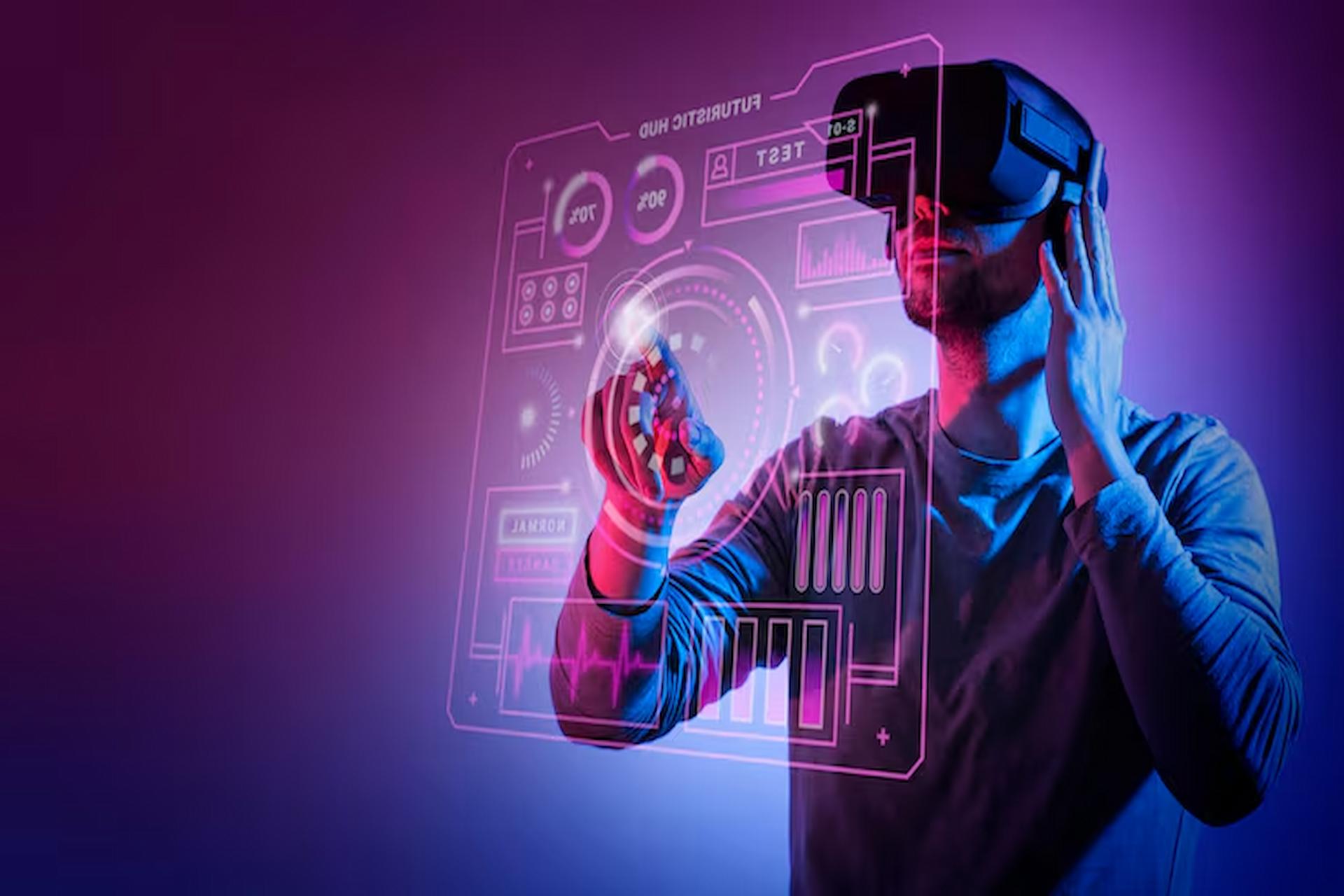The term digital future has become one of the most powerful expressions of our time. It embodies the transformation of society, economies, and human interactions through advanced technologies. From artificial intelligence (AI) and the Internet of Things (IoT) to blockchain and virtual reality, the digital era is redefining how people live, work, and connect. The shift is not only about adopting new tools but also about rethinking systems, relationships, and possibilities for the coming decades.
In this article, we’ll explore what the digital future holds, its impact on industries, its benefits and challenges, and how individuals and businesses can prepare for it.
The Foundations of the Digital Future
The digital future is being built on a few major technological pillars:
- Artificial Intelligence (AI) and Machine Learning (ML)
AI has moved from being a futuristic concept to an integral part of everyday life. From predictive algorithms in healthcare to personalized recommendations on streaming platforms, AI is enhancing decision-making and efficiency. Its ability to process enormous amounts of data allows industries to automate processes, reduce costs, and unlock new opportunities. - The Internet of Things (IoT)
IoT connects billions of devices, creating smart homes, cities, and industries. Cars, appliances, wearable devices, and even agricultural tools are now interconnected, sharing real-time data to improve performance and convenience. In the future, IoT will make environments more adaptive, responsive, and sustainable. - Blockchain and Decentralization
Blockchain technology is redefining trust in digital systems. It ensures security, transparency, and decentralization across industries like finance, supply chain, and healthcare. As digital currencies and decentralized applications grow, blockchain will play a vital role in democratizing access and reducing dependence on centralized authorities. - Cloud Computing and Edge Computing
Cloud computing has already enabled scalability, storage, and accessibility for organizations worldwide. Edge computing, on the other hand, brings processing power closer to devices, ensuring faster response times. Together, they are creating the infrastructure of the future. - Immersive Technologies (VR, AR, and Metaverse)
Virtual reality (VR) and augmented reality (AR) are no longer limited to gaming. They are revolutionizing education, training, healthcare, and retail. The emerging concept of the metaverse promises a new layer of human experience where digital and physical realities merge seamlessly.
Digital Future in Different Industries
The digital future will transform every industry. Here are some key sectors experiencing massive change:
- Healthcare
AI-powered diagnostics, robotic surgeries, and telemedicine are making healthcare more accurate and accessible. Wearable devices that track vital signs allow early detection of diseases. Personalized medicine, guided by genetic data, is also on the horizon. - Education
Digital classrooms, online learning platforms, and immersive VR experiences are redefining education. Students can now access global resources, attend lectures virtually, and learn through simulations, making education more interactive and inclusive. - Finance
Fintech innovations, digital wallets, cryptocurrencies, and decentralized finance (DeFi) are transforming how people save, invest, and transact. Financial institutions are increasingly using blockchain for fraud prevention and efficiency. - Retail
The future of retail lies in personalization and convenience. AI-driven recommendations, AR-powered product trials, and smart checkout systems are reshaping the shopping experience. - Manufacturing
Smart factories powered by IoT, robotics, and predictive analytics are making production more efficient. Automation reduces human error, while data-driven insights optimize supply chains. - Transportation
Self-driving cars, drone deliveries, and smart city traffic management are all part of the digital revolution in transportation. These innovations aim to reduce accidents, traffic congestion, and carbon emissions.
Benefits of the Digital Future
- Increased Efficiency
Automation and AI reduce repetitive tasks, freeing humans to focus on creativity and innovation. - Greater Accessibility
Digital tools break geographical barriers. Education, healthcare, and financial services can now reach remote areas through mobile devices. - Sustainability
Smart systems monitor and optimize energy consumption, helping reduce environmental impact. Digital technologies are also promoting renewable energy management and waste reduction. - Enhanced Connectivity
People and businesses can connect globally in real-time. Collaboration across continents has become seamless through digital platforms. - Personalization
From customized shopping experiences to tailored medical treatments, personalization makes services more relevant and efficient.
Challenges of the Digital Future
While the digital future holds promise, it also comes with challenges:
- Cybersecurity Threats
Increased connectivity makes individuals and organizations more vulnerable to cyberattacks, data breaches, and digital fraud. - Privacy Concerns
With massive data collection, individuals are increasingly worried about how their information is used and stored. - Digital Divide
Access to technology is not equal. Many regions still lack reliable internet or digital literacy, creating inequality in opportunities. - Job Displacement
Automation could replace certain jobs, leading to unemployment in industries that fail to adapt. Workers need reskilling to remain relevant. - Ethical Questions
AI decisions, facial recognition, and surveillance technologies raise concerns about fairness, accountability, and human rights.
Preparing for the Digital Future
To thrive in the digital future, individuals, businesses, and governments must take proactive steps:
- Embrace Lifelong Learning
Skills in AI, data science, cybersecurity, and digital communication are in high demand. Lifelong learning ensures workers remain competitive in evolving industries. - Adopt Flexible Business Models
Companies must integrate digital tools into their operations. Agile structures allow quick adaptation to technological disruptions. - Strengthen Cybersecurity
Robust security frameworks and ethical data usage practices are critical to building trust in digital systems. - Promote Digital Inclusion
Governments and organizations must ensure access to technology, internet infrastructure, and digital literacy programs for underserved populations. - Focus on Human-Centric Innovation
Technology should enhance human life rather than replace it. Ethical design and responsible AI development will help create a future that serves everyone.
The Human Side of the Digital Future
At its core, the digital future is not just about technology—it is about people. The success of digital transformation depends on how it improves human experiences, relationships, and opportunities. A future where technology amplifies human creativity, supports sustainability, and promotes inclusivity will be one worth striving for.
Digital transformation also emphasizes collaboration. Governments, businesses, and individuals must work together to ensure ethical and fair use of technology. When guided by shared values, the digital future can be a powerful force for positive global change.
Conclusion
The digital future represents a new chapter in human evolution, powered by AI, IoT, blockchain, immersive technologies, and advanced connectivity. It promises efficiency, sustainability, and inclusivity but also demands responsibility in addressing challenges like cybersecurity, privacy, and inequality.
We are standing at a pivotal moment in history, where the choices we make today will define the quality of tomorrow. By preparing wisely, embracing innovation, and prioritizing human values, we can ensure the digital future is not just technologically advanced but also meaningful, ethical, and beneficial to all.






